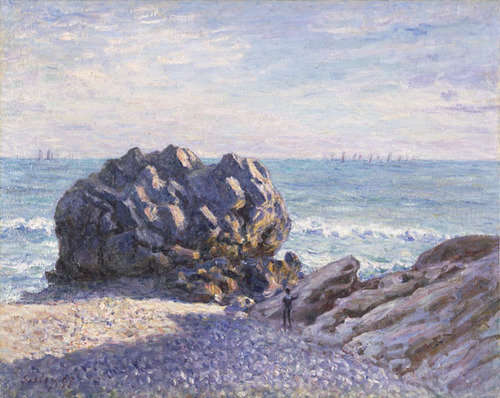Sisley in England and Wales
dal 11/11/2008 al 14/2/2009
Segnalato da
11/11/2008
Sisley in England and Wales
The National Gallery, London
This exhibition will bring together these two groups of paintings for the first time. Executed almost a quarter of a century apart, they reveal Sisley at two of the most creative moments of his life. The show provides a chance to celebrate this relatively unexplored part of the artist's work. It represents also a relatively rare phenomenon - two sustained attempts by an Impressionist painter to capture the unique qualities of the British landscape.

Alfred Sisley (1839–99) was born in Paris to English parents. He remained a British subject throughout his life. However, he only took on two painting campaigns in the UK – once in 1874, and again in 1897. This exhibition will bring together these two groups of paintings for the first time. Executed almost a quarter of a century apart, they reveal Sisley at two of the most creative moments of his life.
The earlier works, dating from the year of the first Impressionist exhibition, were created with the impetus of collective innovations in painting back in France. They include depictions of London and the surrounding area.
The later group, which were painted near the end of the artist's life, show remarkable maturity and bravura skill. They portray the ruggedly beautiful coast of Wales.
Sisley in England and Wales provides a chance to celebrate this relatively unexplored part of the artist’s work. It represents a relatively rare phenomenon - two sustained attempts by an Impressionist painter to capture the unique qualities of the British landscape.
This exhibition is organised with Amgueddfa Cymru, National Museum Wales, Cardiff.
National Gallery
Trafalgar Square - London
Admission free



